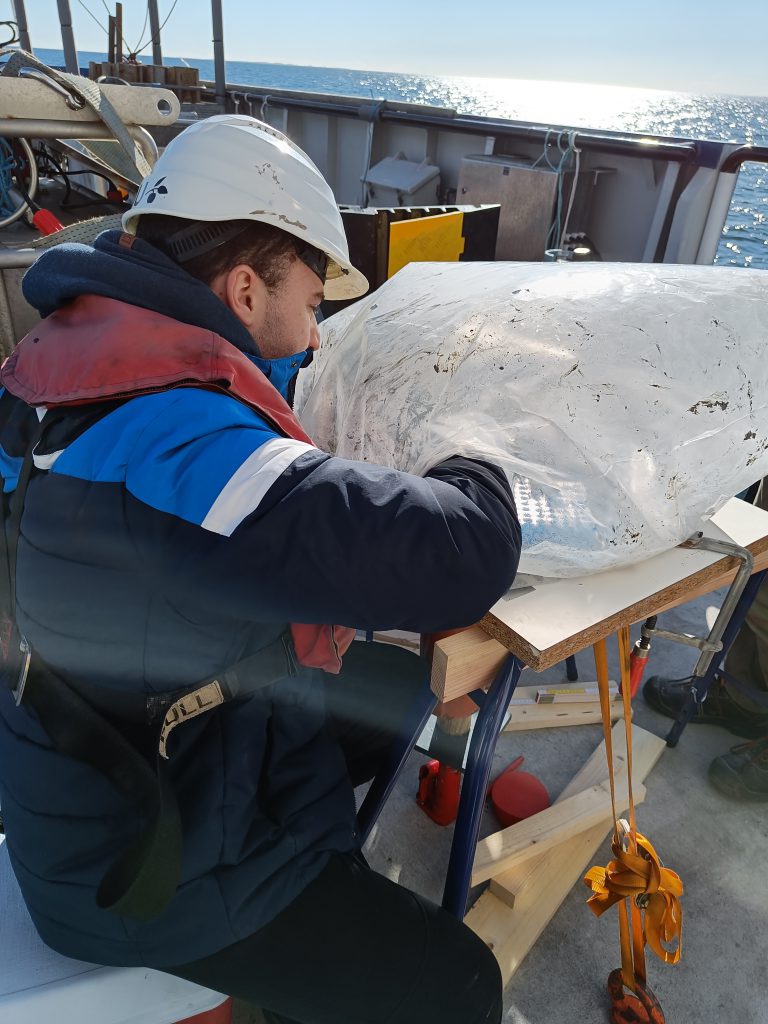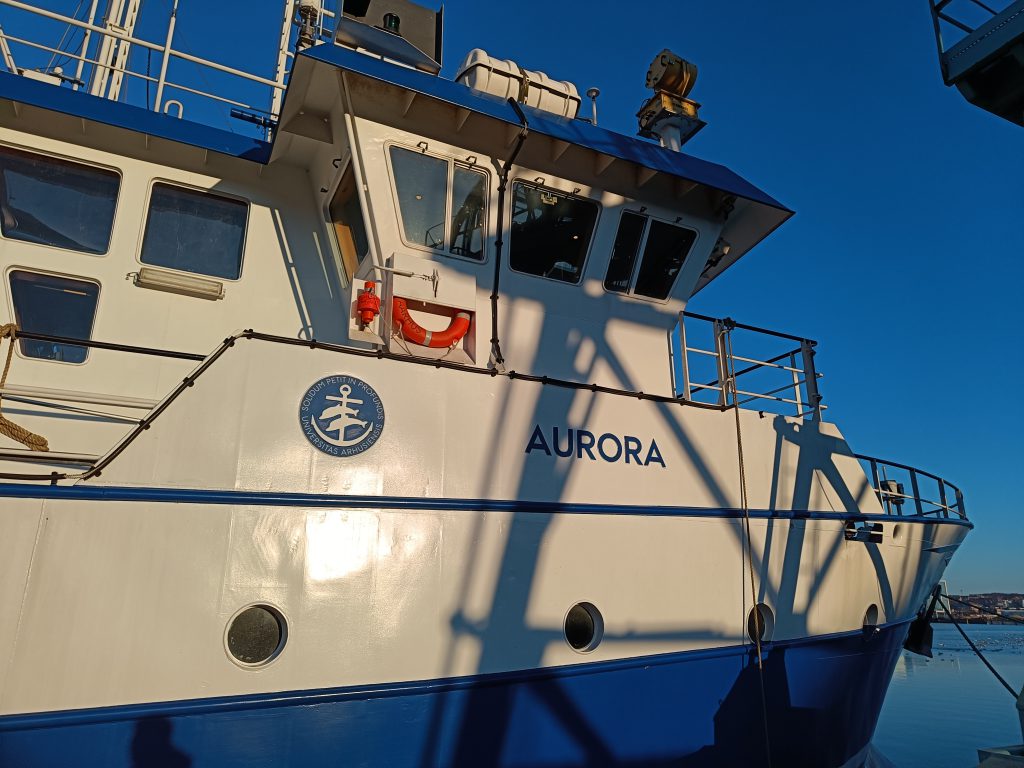Status: ongoing 06/2021-
Title: Seabed methane cycling by reversible electron transfer between Archaea and Bacteria
The Danish research council awarded a DFF project II to an SDU-AU team, led by Amelia Rotaru (PI) at SDU in collaboration with Bo Barker Jørgensen (co-PI), Kasper Urup Kjeldsen, and Hans Røy at AU.
We are looking at the possible reversibility of anaerobic methane oxidation in the sulfate methane transition zone of marine sediments. This has implications for methane emissions from marine sediments.
Team:
University of Southern Denmark
- Danijel Jovicic (Ph.D. student, SDU) – is looking at mineral-mediated AOM, electroactive AOM partners and reversibility of the process in laboratory incubations
- Amelia-Elena Rotaru (PI, SDU)
Aarhus University
- Jan Hænkel (Postdoc, AU) – is looking at the biogeochemical controls and reversibility of the AOM process in situ and in short term incubations
- Bo Barker Jørgensen (co-PI, AU)
- Kasper Urup Kjeldsen (co-I, AU)
- Hans Røy (co-I, AU)
Project summary
A new source of methane production was discovered in a seabed zone (sulfate methane transition, SMT) otherwise thought to break down methane. This zone is the habitat of anaerobic methanotrophs (ANME-1), which typically oxidize methane in partnership with sulfate-reducing bacteria (SRB). Methane production in the SMT was surprising since barely any known methanogenic archaea lived there. Here we ask how methane arises in the SMT and whether ANME-1 can perform both methane oxidation and methane production depending on substrate and syntrophic partner availability. If confirmed, this will be the first example of an organism that can shift the direction of its energy metabolism by exchanging electrons with different bacterial partners that either take up or give off electrons. We will study how interspecies electron transfer in electroactive cells of archaea and bacteria functions through conductive cell surface properties or via conducting mineral grains in the seabed.
Publications (partially or fully funded by this grant)
- Paquette et al. 2022. Biores. Technol.: 126705
Gallery



